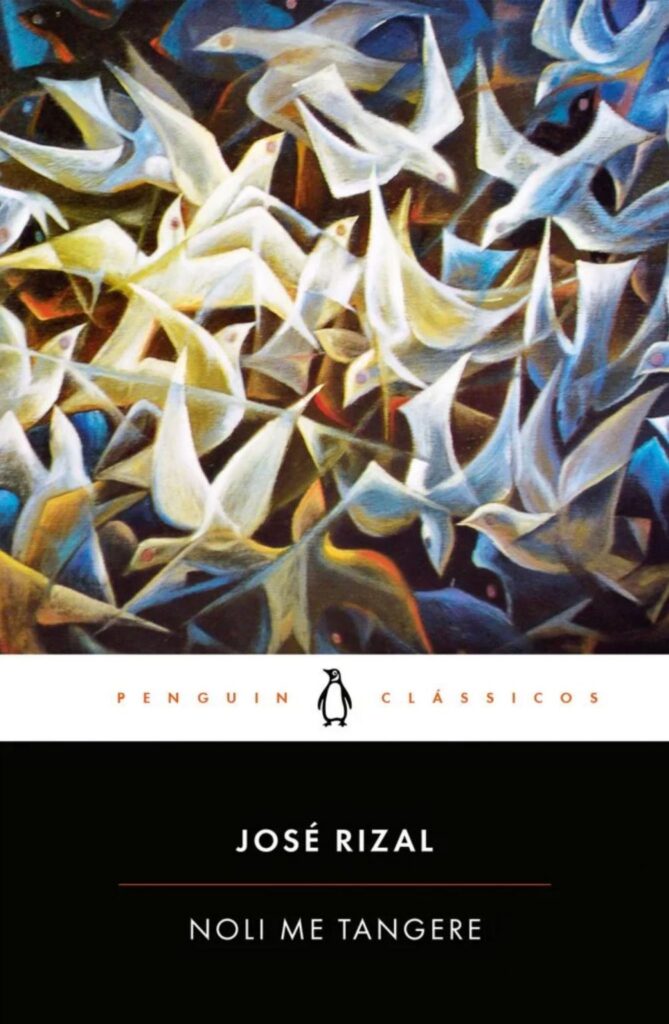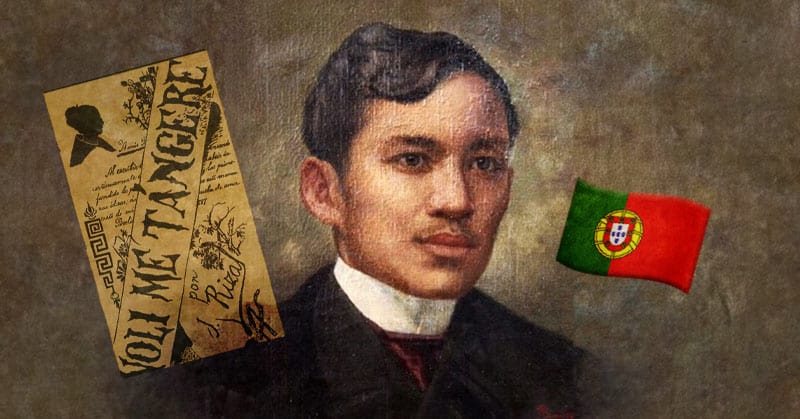Jose Rizal’s “Noli Me Tángere” (Touch Me Not) garners international acclaim, residing among Portugal’s esteemed titles for its 2027 Plano National de Litura (PNL) (National Reading Plan 2027). The Philippine National Hero’s 1887-released novel received a Portuguese pocketbook edition in the previous year, “prepared under the coordination” of Paulo Jorge de Sousa Pinto and Isabel Araújo Branco and translated by Álex Tarradellas Gordo and Rita Custódio “using the original and later editions in Spanish.”

Noli Me Tángere Published by Penguin Books (Portugal)
Made possible by the Philippine Embassy in Portugal and the office of former Senator Franklin M. Drilon in 2021, the addition of Rizal’s esteemed work reflects the PNL’s intent to supplement the literature landscape—constructed “as an entity based on an inter-ministerial commission, which includes members of the ministries of Education, Culture, Science, Technology and Higher Education and Territorial Cohesion.”
Now part of its extensive 2027 catalog, covering “titles recommended for readers, educators, and literature enthusiasts across Portugal,” Noli Me Tángere spearheads the PNL’s initiative of developing “public reading policies in the area of reader training in Portugal.”
“The decision to include Dr. Jose Rizal’s Noli Me Tángere in the PNL highlights the novel's universal appeal and enduring relevance; reflecting the Philippine Embassy's dedication to promoting an understanding of Philippine culture and literature,” mentioned the Philippine Embassy in Portugal in an announcement.
According to the Philippine Embassy, the Portuguese pocketbook is the “first of its kind”—a product of the collaborative efforts of the “Faculty of Social and Human Sciences and the Center for the Humanities of the Universidade Nova de Lisboa.”
Noli Me Tángere’s historical fiction narrative covers the late-19th century Philippines, exploring the country’s landscape under Spanish occupation. While its themes cater to the discrepancies between local governance and Catholic traditions, the revolutionary piece’s symbolic relevance remains timeless, adapted to various languages and artistic outputs throughout the years.










